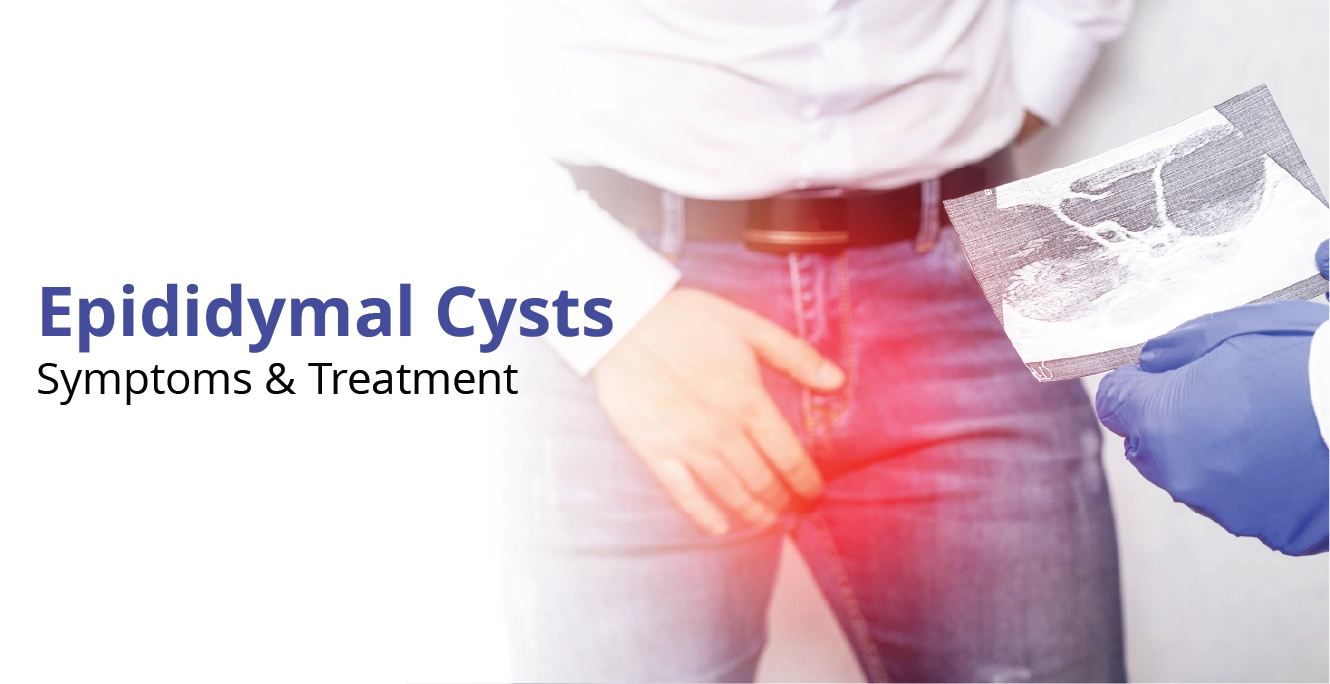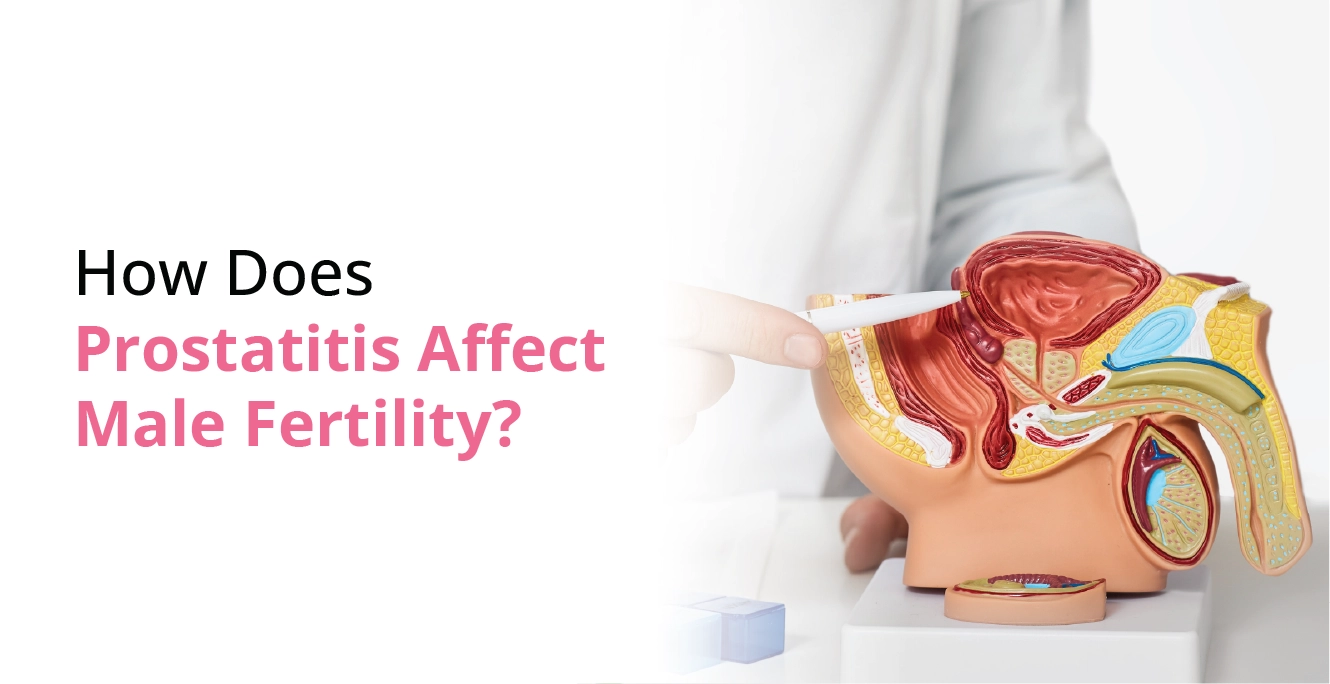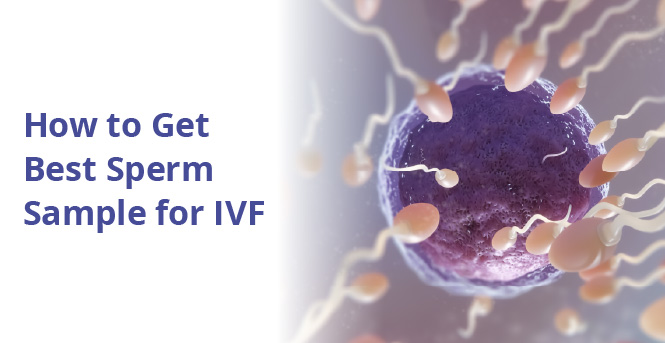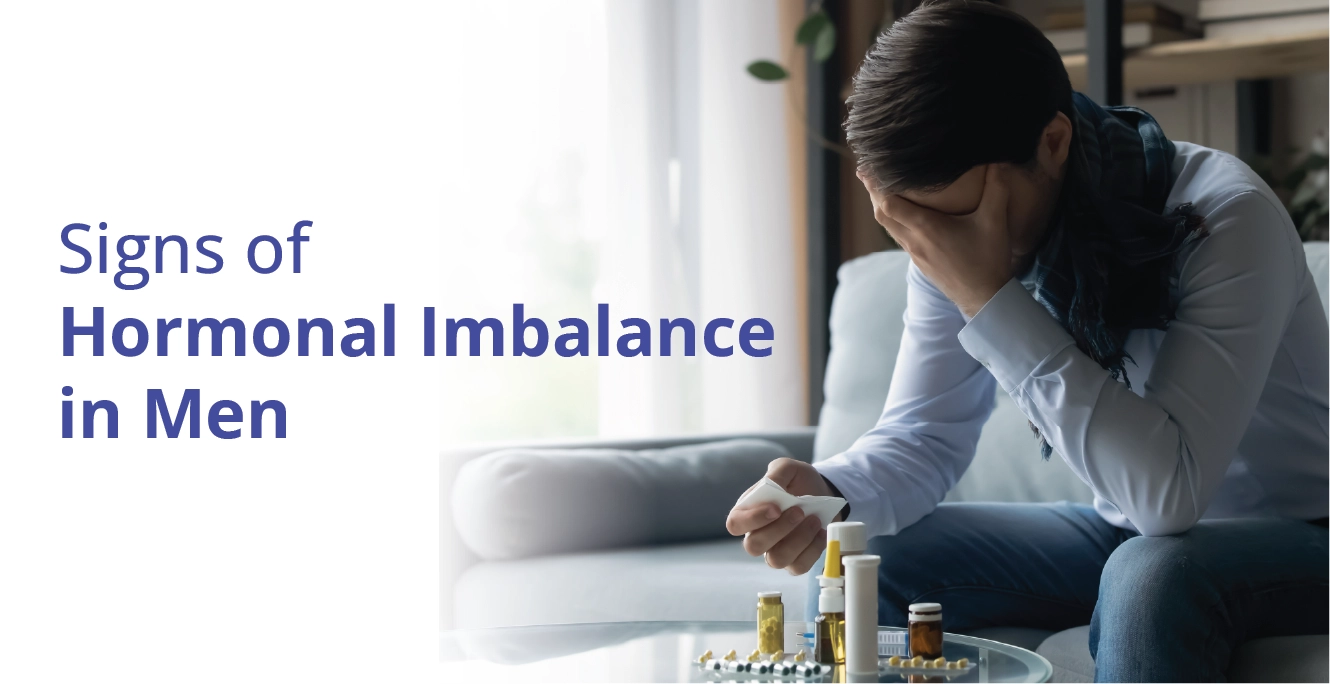
Low Libido Sexual Drive: Causes, Symptoms & Treatment

Table of Contents
Low libido means decreased sexual desire. In a sexually active relationship, sometimes it can be difficult to match your partner’s interests. Loss of libido or sexual drive can be present at any time, and libido levels can also fluctuate. But loss of Libido can occur in both men and women.
As one’s sexual drive is individual, scientifically defining a low libido can prove challenging. When you experience a loss of libido for a prolonged duration or so frequently that it affects your ordinarily healthy sexual life, it can become a problem.
What are the Causes of low libido?
Low libido is not gender-specific and can affect anyone at any time. Several physical and emotional factors can reduce your sex drive.
Some of the causes of low libido include:
-
Chronic diseases
The effects of chronic diseases like diabetes, hypertension (high blood pressure), obesity, cancer, or arthritis can lead to sex being the last thought on your mind.
The pain and fatigue experienced can also reduce your desire to engage in any sexual activity.
-
Medications
Medications can adversely affect hormonal levels, reducing interest in sex. Further, certain medicines for managing blood pressure can interfere with erection and ejaculation, affecting the libido in men.
You may also experience reduced libido if you are undergoing treatment for cancer. Radiation and chemotherapy tend to impact the sex drive.
-
Emotional status
Depression is one example of emotional health impacting sexual health. People with depression often find it difficult to muster interest in anything, including sex.
Stress is another likely cause of loss of libido in men and women. With distractions and pressure from other aspects of life, focusing on sex can be difficult.
Relationship problems, loss of a partner, or past traumatic sexual experiences can also stand in the way of healthy sexual desires.
-
Lack of adequate sleep
Inadequate sleep can lead to many health issues, reduced libido being just of them. For people with chronic insomnia, getting in the mood to do anything sexual may seem cumbersome.
Sleep disorders such as sleep apnea can also result in fatigue and loss of libido.
-
Unhealthy lifestyle
Habits can dictate your health. An unhealthy lifestyle can similarly hamper your libido.
Exercising too little can invite various lifestyle disorders such as diabetes and hypertension, known factors for libido loss. Contrarily, exercising too much may also reduce libido by leaving you too tired to engage in anything sexual.
Substance abuse (alcohol, smoking, or drugs) can also reduce your libido by hampering your hormonal levels, resulting in various physical changes and losing interest in sex.
Causes of low libido by gender
Some causes of loss of libido are gender specific. Let us understand these in detail.
Low libido in men
Libido loss in men is more prevalent with age. This is mainly because certain hormone levels decline as you age.
- Testosterone Levels
Testosterone is a sex hormone responsible for several male characteristics, such as body and facial hair, muscle density, sperm production, and sexual drive.
Lower testosterone levels can be the prime reason for the loss of libido in men. Any injury to the testicles, cancer history, exposure to radiation or chemotherapy, or use of steroids can reduce the levels of this male sex hormone.
- Libido vs erectile dysfunction (ED)
Erectile dysfunction is the inability to achieve or maintain an erection, while low libido is disinterest in any sexual activity. Although both seem quite similar (both affect sex life), they are, in fact, vastly different. Many often confuse the two.
Low libido in women
Reasons for low libido in women include:
- Hormonal changes
Women can experience low libido most often due to hormonal changes associated with pregnancy and menopause.
Specifically, reduced levels of estrogen contribute to low libido in women. Due to reduced hormonal levels, the vaginal lining can become dry. Having a dry vagina can make sex painful, thus reducing your interest in the same.
- Pregnancy
During pregnancy and post-delivery, many changes occur in a woman’s body.
Furthermore, the physical aches and pains, hormonal variations, stress of pregnancy, and anxiety over harming the baby during sexual activity may put you off sex during these periods.
What are the symptoms of low libido?
You might experience the following low libido symptoms:
- No interest in any sexual activity
- Avoiding masturbation or any other form of sexual relief
- Lesser thoughts or fantasies related to sex
Typically, these symptoms may not present themselves unless they begin to impact your relationship with your partner. Losing libido can mean lots of anxiety, distress, and even depression for you and your partner.
Several options are available to improve sexual desire based on specific causes of low libido.
What are the treatment options available for libido loss?
Libido loss can be a result of various factors occurring together. In such cases, the treatment approach aims at all aspects to overcome the lack of interest.
Medications can help manage underlying chronic medical conditions. It can improve your physical health, making you active again. Hormonal replacement treatment can also increase testosterone levels, enhancing libido in men.
As sex drive also depends on the emotional state, improving your emotional health can also reduce the loss of libido. Stress management techniques such as breathing, meditation, and mindfulness can benefit low libido cases.
Seeking professional counselling may be a good idea when dealing with the loss of libido. Counselling can help you and your partner understand how to navigate this situation and provide means to improve your sex life.
Few other steps through which you can improve your libido are:
- Managing the underlying health condition
- Practising a healthy lifestyle
- Getting adequate sleep
- Consuming a well-balanced diet
Conclusion
Sex is an integral part of everybody’s life. It is a basic function of living. Losing your sex drive can impact not only your relationship but also your mental and emotional health.
Low libido can have a multifactorial origin. Understanding the actual cause contributing to your low sexual drive is the first step toward treatment.
If you are facing a loss of libido or are losing interest in sexual activity, you should consult a specialist. Visit a Birla Fertility & IVF clinic or book an appointment with Dr Muskaan Chhabra, who will help you address your concerns and guide you.
FAQs
- What is the main cause of low libido?
Chronic health conditions, stress, hormonal fluctuations, pregnancy, menopause, and erectile dysfunction are a few of the leading causes of low libido.
- How can I rebuild my libido?
A healthy lifestyle, medications (in some cases), counselling, and open communication with your partner are key steps to improving your libido. Spicing up your sex life can also help create an atmosphere for healthy sexual interactions.
- Can low libido be improved?
Yes, anyone can improve their low libido. The first step is to understand the cause and seek help to overcome the issue.
- What are the signs of low libido?
Lack of interest in sexual activities or fantasies is the most obvious sign of low libido – especially if the condition persists for a long time.
Our Fertility Specialists
Related Blogs
To know more
Birla Fertility & IVF aims at transforming the future of fertility globally, through outstanding clinical outcomes, research, innovation and compassionate care.
Had an IVF Failure?
Talk to our fertility experts

 Our Centers
Our Centers














